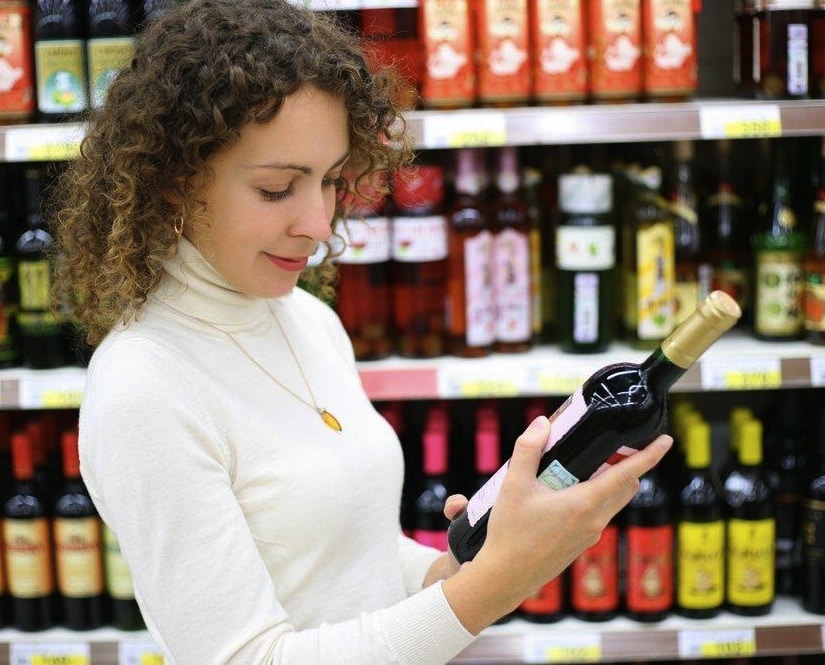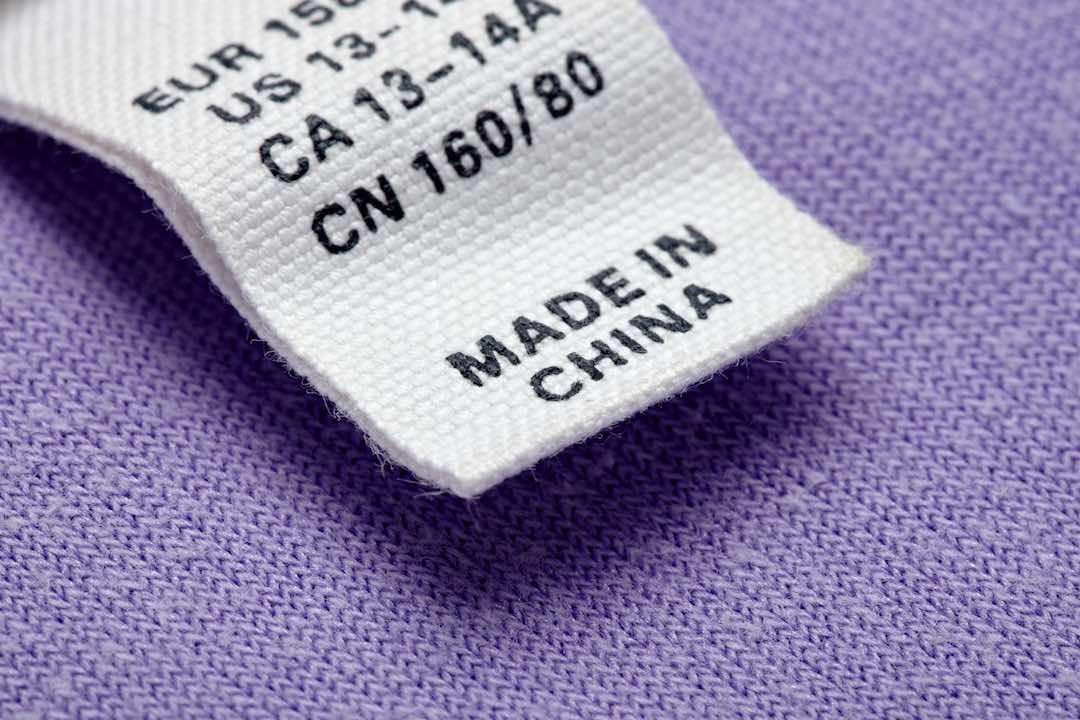 Word-of-mouth is perhaps the best form of advertising. It’s far more than just another form of commercial communication. It’s a personal endorsement from someone you know or find credible.
Word-of-mouth is perhaps the best form of advertising. It’s far more than just another form of commercial communication. It’s a personal endorsement from someone you know or find credible.
In an attempt to validate the brand’s promise and value, part of every brand building strategy is to garner third-party endorsements and accolades. These are then publically released through broadcast, print, and social media. But everyone knows these messages are forced out. So they are tainted to some degree as self-serving and can lose the very credibility they seek to establish.
But word-of-mouth, by its very delivery, is private, voluntary and validating. When your friends recommend a product or service to you, they are putting their own reputation with you on the line – and they know it. They are candidly sharing their discovery and personal experience. So there’s a built-in credibility factor that’s hard to match with commercial advertising. Whether it’s given to you in person or through personal media, the message is compelling and likely to encourage you to take action.
So how can brand builders benefit from word-of-mouth “advertising?” First examine why you yourself might endorse a product or service to a friend.
1. Discovery.
Shopping can be frustrating. You can search far and wide for the right solution, sometimes in vain, and you often have to settle for less than you’re looking for. When you do finally find a product or service that truly satisfies your needs, you’re excited, relieved and gratified. (On the other hand, you wouldn’t share your discovery of mediocre or out-of-stock product.)
2. Generosity.
You can’t wait to share your discovery with someone else. You know it will be appreciated and add value to your friend’s life. And you know you are giving a meaningful gift with just verbal information. (Conversely, you don’t volunteer a gift unless it’s valuable).
3. Validation.
You eagerly await your friend’s reply telling you what they think about your suggestion. You already know they’re going to love it. So you anticipate their appreciation. (Likewise, since your reputation is at stake, if you have a bad experience with the product or service, you’ll feel obligated to contact your friend and take back your recommendation.)
4. Exclusivity.
When you discover a product or service by accident or through word-of-mouth from your other friends, you are more likely to talk about it. When you tell someone, you assume there’s no other way they could have known about it. (However, if you suddenly see the product commercially advertised in mass media, you know they could learn about it on their own. So you immediately stop spreading the good word!)
5. Success.
You are so happy with the discovery that you want the company behind it to prosper. You send them more customers as if to say, “Yes, this is the right solution, and it needs to survive and prosper!” (On the other hand, if you are disappointed with the product or service because they cheapened it or it is unreliable, you take it personal and reconnect with your friends to send them elsewhere.)
As a brand builder who seeks the holy grail of word-of-mouth advertising, you must keep up the quality, relevance, and availability of your products if you want to benefit from a good word-of-mouth reputation. And if you have folks already talking to their friends about your product, don’t stop them with too much commercial advertising! People want to share something intimate with their friends, not something that everybody knows about.

